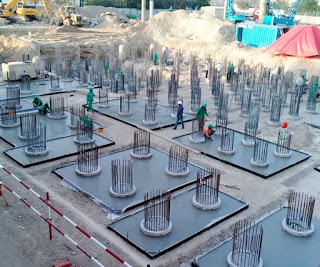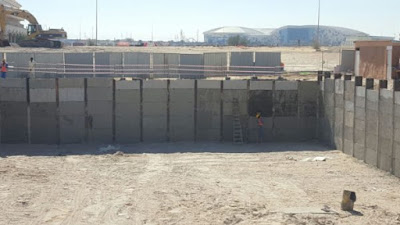All you Need to Know About Ground Engineering
Worldwide expenses on energy and transport continue to increase as the nation’s race to progress financial performance. Billions will be spent on Dubai’s roads, offshore oil, and gas production facilities, renewable energy facilities, pipelines and tunnels over the next 2 decades.
Without a doubt, such investment is essential for infrastructure development and for the appropriate development, it is necessary to properly understand the engineering behavior of the earth and its materials.
What is Ground Engineering?
Ground Engineering, a branch of civil engineering, provides latest and well-researched reports of soil and their interaction with the water. These reports provide information on the trending topics in the soil engineering field. This incorporates the study of the sites, foundation, piling, and the tunneling procedure. The report also measures innovations in technologies.
In ground engineering, the contractors focus on the following things.
· Expected soil changes
· The capability that the structure can bear
· Expected failure after construction
· Treatment of the ground
· The security of the base
· The interaction between the structure and the soil
· Types of bases
· Processes on the designs
In today’s modern life soil engineering touches almost each and every aspect of life including:
· Risk control: Checking and managing the steadiness of slopes and stabilizing underground voids
· Underground structures: tunnels, metro systems, and car parks.
· Earthworks for important infrastructure: roads and airports
· Environmental safety: cleanup of polluted land, landfill design, groundwater management.
· Foundations for buildings and structures: schools, hospitals, bridges, offices, sports stadiums, shopping centers, and homes.




Comments
Post a Comment